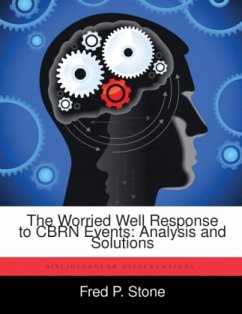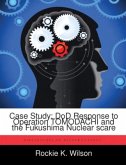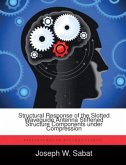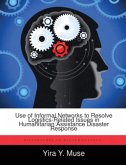Chemical, biological, radiological or nuclear (CBRN) weapons in the hands of a terrorist or a rogue state is one of the greatest threats to the security of the United States.2 These weapons of mass destruction (WMDs) can cause catastrophic loss of life and innumerable injuries and challenge the US health system beyond its capacity to provide care. Most hospitals do not have the beds, equipment, staff, or facilities to adequately respond to a WMD event.3,4 Compounding this problem is that many people who have minimal or no exposure to a CBRN agent will seek medical care and slow down medical treatment of genuinely affected patients. These "worried well" 5 patients may comprise as many as 20 times the number of "legitimate" patients6 and may become one of the most difficult aspects in dealing with WMD events.7 This paper is an examination of the worried well phenomenon. It looks at three CBRN events that are often noted for unaffected masses seeking medical care--the Goiania Radiation Incident, the Aum Shinrikyo Attack, and the Anthrax Letters Incident. The purpose of this paper is twofold. First, this paper provides a better understanding of the worried well response. The literature often contains bold proclamations of the problem without a substantial analysis, and researchers cite cases but fail to provide any in-depth study of them.








